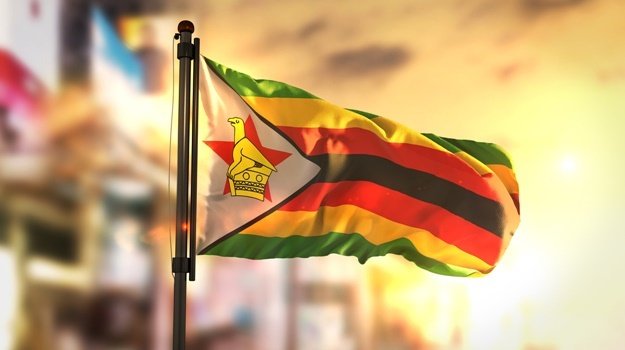Govt crafting law to safeguard the country’s languages

The government is crafting a law to safeguard Zimbabwe’s languages at a time when the Tshwao language which is spoken by the San people, is on the brink of extinction.
The Constitution of Zimbabwe adopted in 2013 recognises 16 official languages: Chewa, Chibarwe, English, Kalanga, Koisan/Tshwao, Nambya, Ndau, Ndebele, Shangani, Shona, Sign Language, Sotho, Tonga, Tswana, Venda and Xhosa.
Section 6 of the Constitution mandates the State and all institutions and agencies of government at every level to ensure that all officially recognised languages are treated equitably while preferences of people affected by governmental measures or communications is taken into account.
“The State must promote and advance the use of all languages used in Zimbabwe including sign language, and must create conditions for the development of those languages,” reads Section 6 (4) of the Supreme Law.
Speaking during a post-cabinet media briefing in the capital Tuesday, Information Minister, Monica Mutsvangwa said the government was already working on the Principles of the Languages Bill.
“The Minister Youth, Sport, Arts and Recreation, Honourable Dr Kirsty Coventry, presented the Principles for the Languages Bill, which were adopted by Cabinet,” said Mutsvangwa.
“The Bill will safeguard the country’s 16 officially recognized languages, in fulfilment of Section 6 of the Constitution. The Government of Zimbabwe recognizes that language is a powerful vehicle of a people’s culture and identity, and the proposed Act will promote, preserve and develop the languages of Zimbabweans.”
Mutsvangwa said given the diversity of languages in the country, the Act would ensure their use in order to avoid marginalisation of any languages or community from loss of identity and culture.
She said the Bill would promote multilingualism and linguistic diversity; respect of language rights and/or linguistic preference as fundamental to the process of nationalism and the development of augmentative and alternative communication systems for people with impediments that inhibit communication.
Mutsvangwa added recognition and promotion of languages as cultural wealth; establishment and maintenance of institutional structures, such as the National Languages Board, the National Languages Fund, and the Languages Database; and equitable allocation of resources for the development of officially recognized languages, would also be part of the proposed law.





